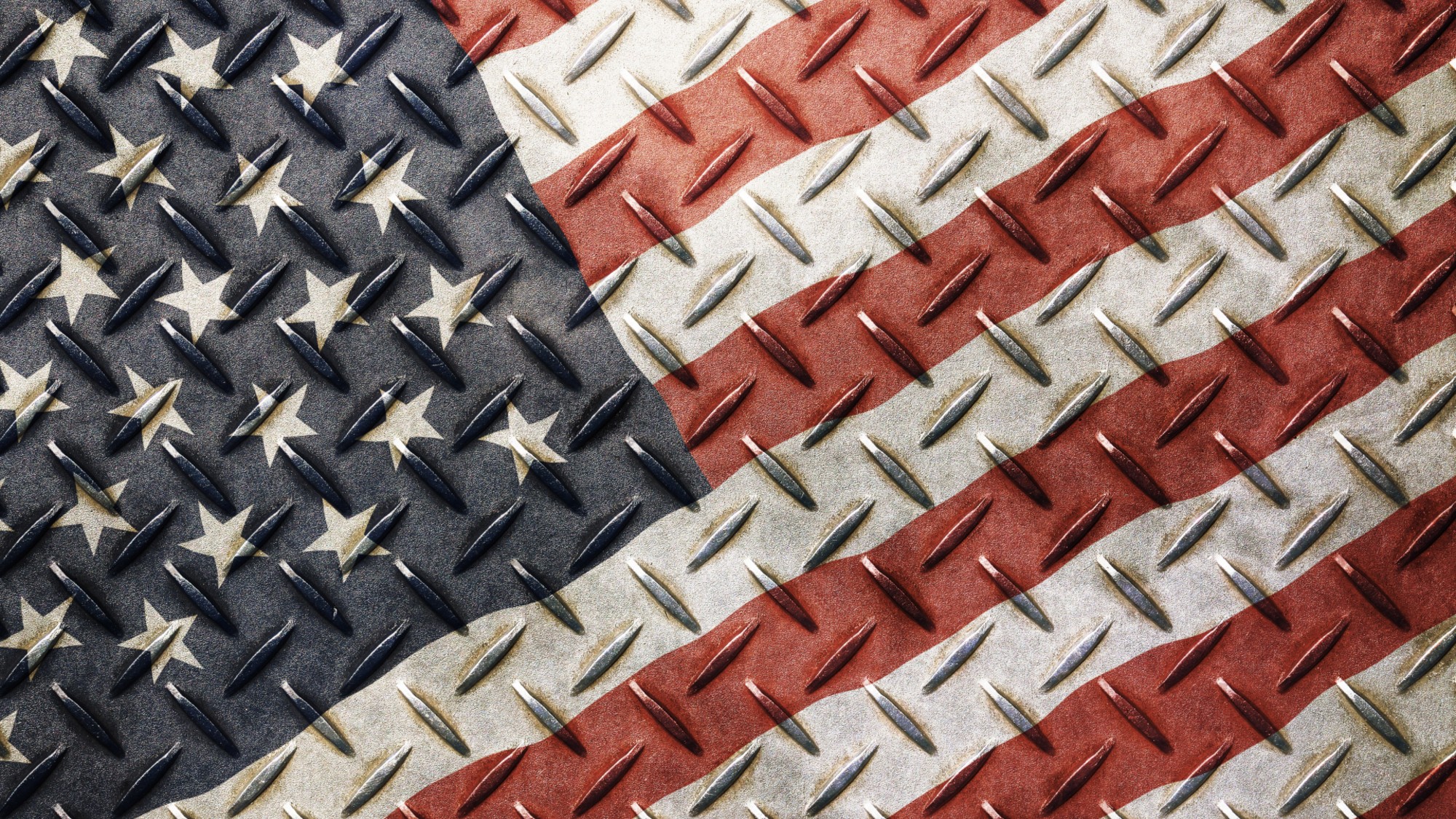How will the feds' 'golden share' of US Steel work?
Trump 'just quasi-nationalized' a major company


A free daily email with the biggest news stories of the day – and the best features from TheWeek.com
You are now subscribed
Your newsletter sign-up was successful
President Donald Trump is a businessman who became a politician. Now he's both. Trump will have "unique influence" over the operations of U.S. Steel under a new arrangement to allow Nippon Steel to complete its multibillion-dollar takeover of the iconic American company, said ABC News.
The federal government was given a "golden share" in U.S. Steel as a condition of a deal that was originally rejected by the Biden administration, said ABC. The new company will not be able to change its name, move its headquarters away from Pittsburgh or transfer production outside the United States without the president's consent. Those are "powerful terms that directly benefit and protect America," said Commerce Secretary Howard Lutnick. The unusual arrangement demonstrates the White House is "willing to insert itself aggressively into a private company's affairs," said ABC.
What did the commentators say?
The collision of White House control and private money "could change the nature of foreign investment in the United States," said The New York Times. The federal government usually only entangles itself in companies when they are "under financial duress or play a significant role in the economy" and then only temporarily. But the federal government's golden share will last "in perpetuity." It also raises questions about whether Trump will demand a similar share in other businesses, like TikTok, that require government acquiescence to survive.
The Week
Escape your echo chamber. Get the facts behind the news, plus analysis from multiple perspectives.

Sign up for The Week's Free Newsletters
From our morning news briefing to a weekly Good News Newsletter, get the best of The Week delivered directly to your inbox.
From our morning news briefing to a weekly Good News Newsletter, get the best of The Week delivered directly to your inbox.
Republicans "justifiably objected, loudly and frequently" when the government under President Barack Obama temporarily took a stake in General Motors during the Great Recession, said Jim Geraghty at the National Review. The government should not own a car company or a steel company. Republicans who criticized the G.M. move then and are staying silent now are effectively saying that a government takeover of private business is "socialism, communism, economic foolishness" under a Democratic president, but "when a Republican president does it, it's perfectly fine."
Trump "just quasi-nationalized U.S. Steel," and "some progressives are smarting over the fact that a Republican did it first," said Matthew Zeitlin at Heatmap News. The Trump administration will use its newfound power to "encourage domestic production of steel." That could eventually lead to more climate-friendly practices for that production. Just not now. While Trump has reshaped climate policy to make the "environment even less friendly for green steel," he has put the government in the "driver's seat of a major player of the steel industry" for a future Democratic president.
What next?
The combined U.S. Steel-Nippon Steel company will be the "world's second-largest steelmaker," said Bloomberg. It will be better poised to compete in areas where American steel has "lagged," including production of the kinds of steel "critical to bolster ailing electric grids across the country."
But the golden share "could scare off foreign investors in U.S. deals," said Reuters. The structure is "risky and unprecedented," said Jim Secreto, a former Treasury and Commerce official. Trump's involvement "introduces uncertainty for global investors" and could "complicate future cross-border deals."
A free daily email with the biggest news stories of the day – and the best features from TheWeek.com
Joel Mathis is a writer with 30 years of newspaper and online journalism experience. His work also regularly appears in National Geographic and The Kansas City Star. His awards include best online commentary at the Online News Association and (twice) at the City and Regional Magazine Association.
-
 Local elections 2026: where are they and who is expected to win?
Local elections 2026: where are they and who is expected to win?The Explainer Labour is braced for heavy losses and U-turn on postponing some council elections hasn’t helped the party’s prospects
-
 6 of the world’s most accessible destinations
6 of the world’s most accessible destinationsThe Week Recommends Experience all of Berlin, Singapore and Sydney
-
 How the FCC’s ‘equal time’ rule works
How the FCC’s ‘equal time’ rule worksIn the Spotlight The law is at the heart of the Colbert-CBS conflict
-
 Companies are increasingly AI washing
Companies are increasingly AI washingThe explainer Imaginary technology is taking jobs
-
 Is the US in a hiring recession?
Is the US in a hiring recession?Today's Big Question The economy is growing. Job openings are not.
-
 Did markets’ ‘Sell America’ trade force Trump to TACO on Greenland?
Did markets’ ‘Sell America’ trade force Trump to TACO on Greenland?Today’s Big Question Investors navigate a suddenly uncertain global economy
-
 Will Trump’s 10% credit card rate limit actually help consumers?
Will Trump’s 10% credit card rate limit actually help consumers?Today's Big Question Banks say they would pull back on credit
-
 Can Trump make single-family homes affordable by banning big investors?
Can Trump make single-family homes affordable by banning big investors?Talking Points Wall Street takes the blame
-
 Why is pizza in decline?
Why is pizza in decline?In the Spotlight The humble pie is getting humbler
-
 How prediction markets have spread to politics
How prediction markets have spread to politicsThe explainer Everything’s a gamble
-
 What will the US economy look like in 2026?
What will the US economy look like in 2026?Today’s Big Question Wall Street is bullish, but uncertain
